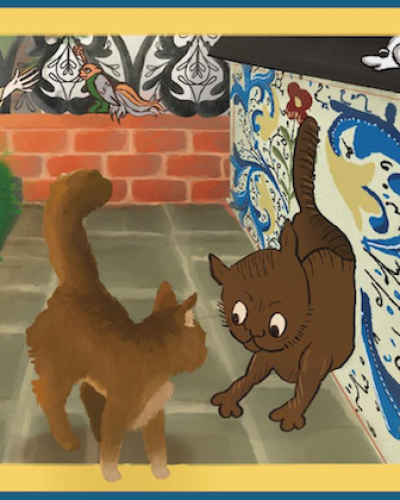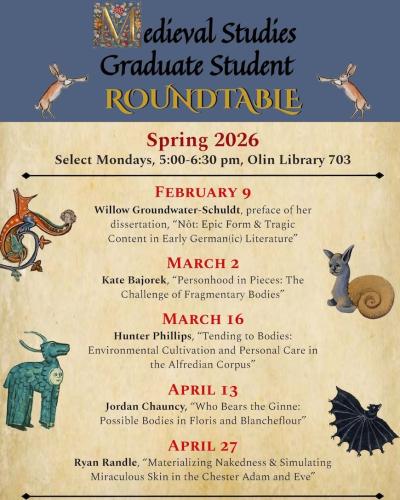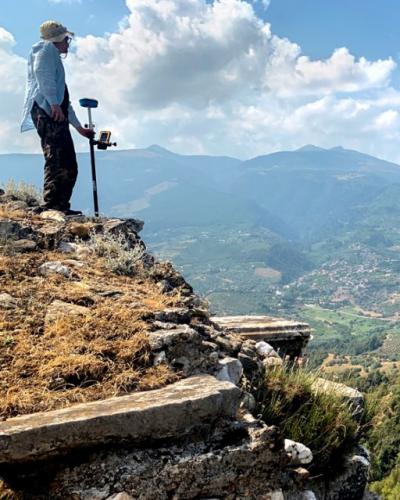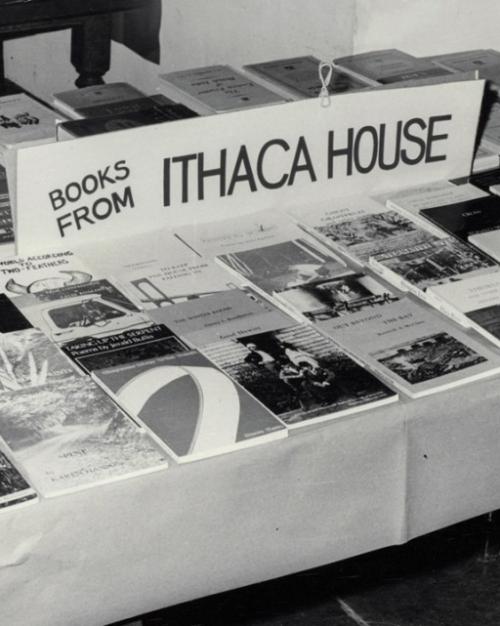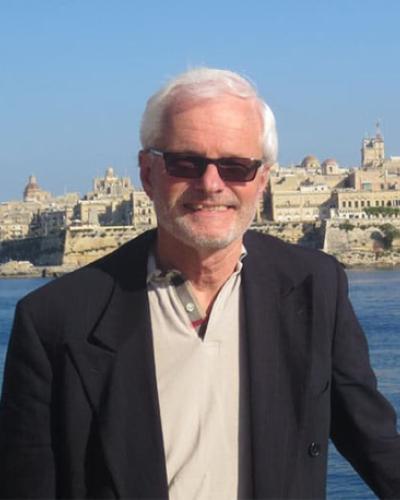The Renaissance Society of America has given William J. Kennedy its Paul Oskar Kristeller Lifetime Achievement Award. The award honors “a lifetime of uncompromising devotion to the highest standard of scholarship accompanied by exceptional achievement in Renaissance studies.”
Kennedy, the Avalon Foundation Professor Emeritus in the Humanities, taught the history of European literature and literary criticism from antiquity to the early modern period. His publications focus on Italian, French, English, and German texts from Dante to Milton, and his teaching at Cornell, from fall of 1970 to his retirement in 2016, intersected several departments and programs: comparative literature, medieval studies, religious studies, and romance studies.
“Bill Kennedy is not only an outstanding and groundbreaking scholar of early modern literature, having written five books and well over 50 articles that have defined the field of early modern studies; he is also a superb colleague and excellent mentor,” said Kathleen Perry Long, professor of French in the Department of Romance Studies.
The Renaissance Society of America is an international association including more than 5,000 scholars on six continents who focus on social, economic, political, intellectual and cultural history in the global Renaissance period (1300-1700).
“That covers a lot of ground, and it’s humbling to be singled out of so many peers for special recognition,” Kennedy said.
What thrills Kennedy about the field of Renaissance Studies is its interdisciplinary compass, he said: “You’ve got to have the eyes to hear, the ears to see and the stomach to taste the hard truths of day-to-day life in the past. Yes, you heard that correctly.”
The way Kennedy sees it, scholars of art, music, poetry, philosophy and history appeal to all of the senses to teach us to “see the contrastive sightlines and sonorities of earlier cultures.” And scholars of history “track down and serve up the competing claims of that past world. And from all of them, to marvel at the courage of forerunners whose legacies we ponder and critique.”
A book-length study of Shakespeare in global contexts, “Comparable Shakespeare,” is Kennedy’s current project. He is identifying references to Shakespeare’s works in 20th- and 21st century literature and film from non-English sources: Western Europe, East Asia, North Africa and the Global South.
Kennedy’s books on Renaissance literature have a particular focus on Petrarch, while his articles explore literature, rhetoric and literary theory. He has co-edited a rhetoric textbook, “Writing in the Disciplines” (Prentice-Hall, seventh ed. 2012), among other volumes.
Kennedy has received fellowships from the Fulbright, Guggenheim, Rockefeller and Liguria foundations and served as president of the Renaissance Society of America from 2008 – 2010. But he said his greatest accomplishment was helping to establish an undergrad major in comparative literature at Cornell.
Kennedy’s sustained support of the careers of colleagues and students has been crucial, Long said. “He motivated students from a wide range of backgrounds and majors to engage fully and enthusiastically with the Renaissance, conveying the importance of this era for our own time and our own lives,” Long said. “He served as the best ambassador for Renaissance Studies to a wider audience I have ever encountered, inculcating a love of this period that stayed with many of our students for quite some time after.”

